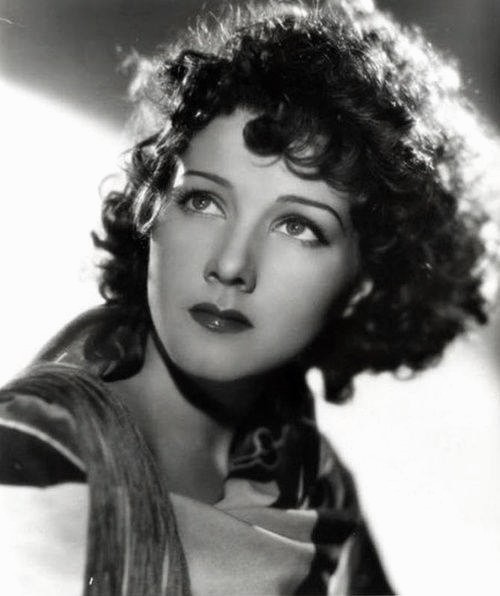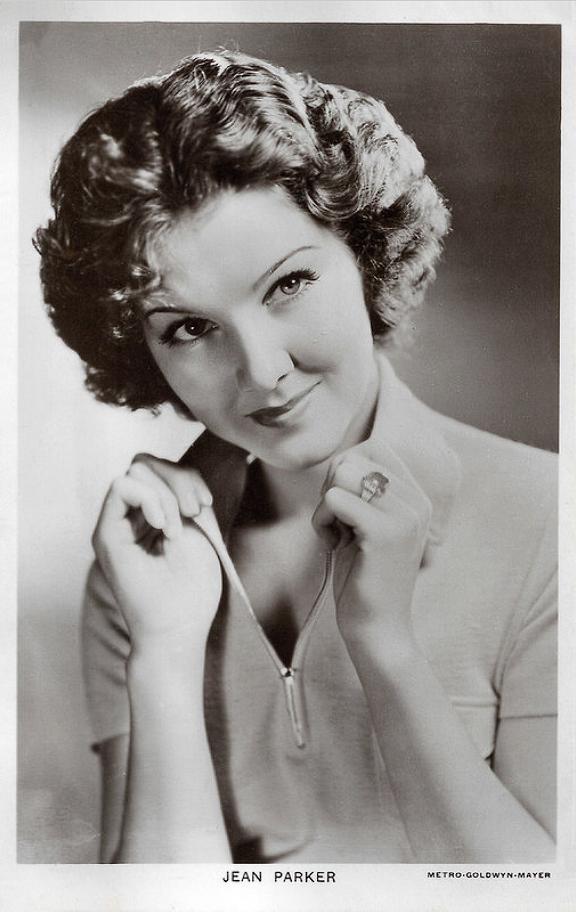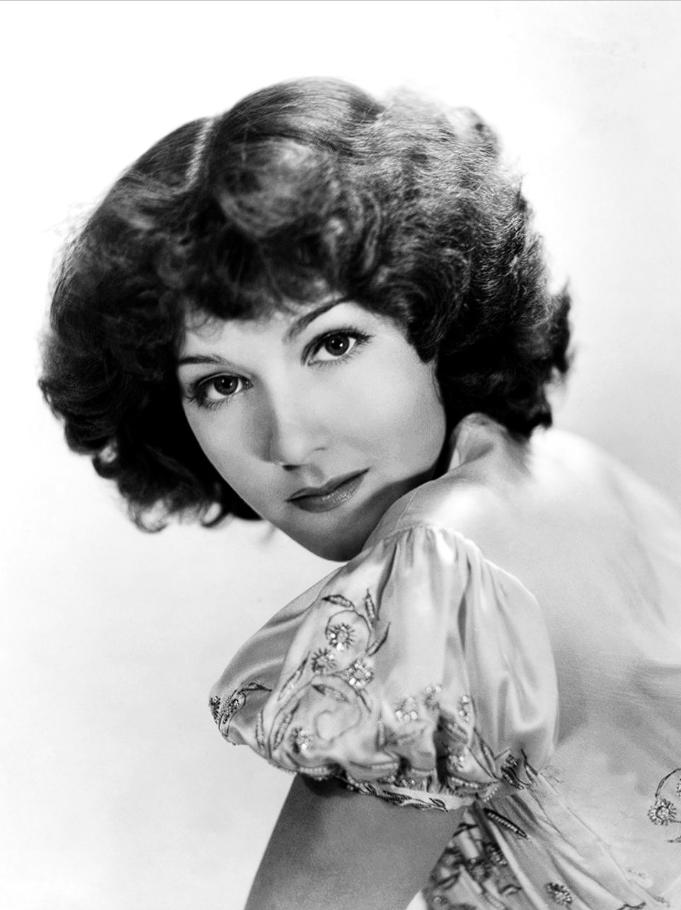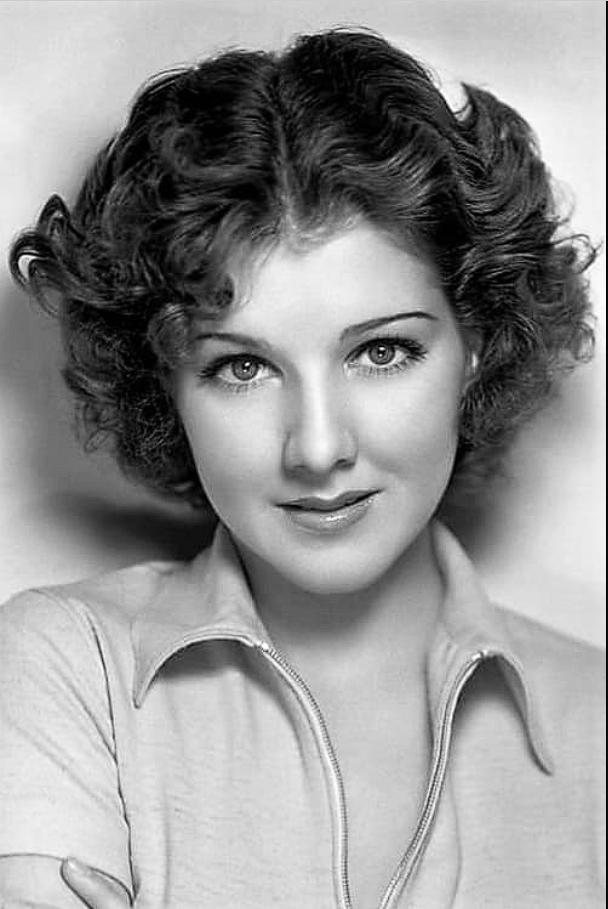Jean Parker’s career, a tapestry woven with diverse roles and spanning over three decades, solidified her as a versatile and memorable figure in Hollywood’s Golden Age. From her early successes in classic films to her later ventures in noir and westerns, she left an indelible mark on the silver screen.

Early Acclaim: A Rising Star in Hollywood’s Golden Age
Jean Parker’s talent was evident from the beginning, quickly earning her recognition in some of the most celebrated films of the 1930s.
- A Promising Debut:
- Her feature film debut in “Divorce in the Family” (1932) marked the beginning of a prolific career.
- Her early recognition in Frank Capra’s “Lady for a Day” (1933) showcased her ability to hold her own alongside established stars.
- Her portrayal of Elizabeth March in “Little Women” (1933), alongside Katharine Hepburn, Joan Bennett, and Frances Dee, solidified her status as a rising talent. This role, in particular, brought her widespread attention and critical acclaim.
Leading Roles and Versatility: A Flourishing Career

Parker’s ability to tackle diverse roles allowed her to thrive in a variety of genres, demonstrating her range as an actress.
- From Adventure to Comedy:
- She took on lead roles in films like “Sequoia” (1934), showcasing her ability to handle dramatic and adventurous roles.
- Her foray into British comedy-fantasy with “The Ghost Goes West” (1935) proved her versatility and appeal to international audiences.
- Her role in “The Flying Deuces” (1939) with Laurel and Hardy demonstrated her comedic timing and ability to work alongside legendary comedic actors.
Transition to the 1940s and Beyond: A Lasting Presence

Parker’s career continued to evolve in the 1940s, with her taking on more mature and challenging roles.
- Noir and Westerns: Embracing New Genres:
- Her performance in the noir thriller “Dead Man’s Eyes” (1944) opposite Lon Chaney Jr. showcased her ability to handle darker and more complex characters.
- Her role alongside Gregory Peck in “The Gunfighter” (1950) demonstrated her continued relevance in the western genre.
- Her final film role in “Apache Uprising” (1965) marked the end of her dynamic Hollywood journey, leaving behind a legacy of diverse and memorable performances.
A Lasting Legacy: A Versatile Talent

Jean Parker’s career is a testament to her versatility and talent, leaving behind a legacy of memorable performances that continue to resonate with audiences.
- Her ability to seamlessly transition between genres, from classic dramas to noir thrillers and westerns, solidified her status as a versatile actress.
- Her performances alongside some of Hollywood’s most iconic stars further cemented her place in cinematic history.
Choosing a favorite Jean Parker performance is difficult, as she excelled in so many roles. However, her portrayal of Elizabeth March in “Little Women” (1933) stands out as a particularly memorable and impactful performance. Her youthful charm and genuine emotion brought the beloved character to life, contributing to the film’s enduring popularity.
